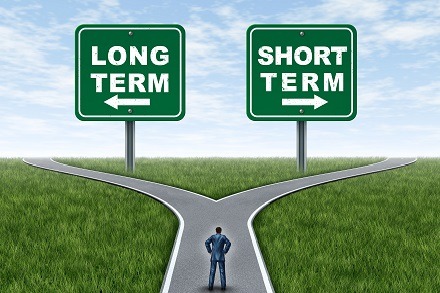The Office for National Statistics (ONS) produces the Business Impact of Coronavirus (COVID-19) survey (BICS) as part of a fortnightly bulletin of social and economic indicators. It is based on voluntary responses from businesses capturing views on the impact of COVID-19 on turnover, workforce, prices, trade and business resilience.
The latest BICS covers the period from 11 to 24 January and represents the views of over 8,600 businesses.
The headlines findings for businesses currently trading:
- 15% of the workforce are currently furloughed
- 41% have less than 6 months of cash reserves
- 13% have less stock than normal
- 11% have lower capital expenditure than normal, with a further 12% reporting capital expenditure has stopped.
For businesses that are temporarily closed or have paused trading:
- 45% of the workforce are on furlough leave
- 57% have less than 6 months of cash reserves, with a further 9% reporting no cash reserves at all
- 27% report lower stocks than normal, 26% lower capital expenditure than normal and 14% reporting capital expenditure has stopped.
Over 1 in 10 (12%) currently trading UK businesses said that turnover had decreased by more than 50% compared with what is normally expected for this time of year. By comparison 38% said that their turnover had not been affected while others report growth.
The picture appears mixed.
Tony Danker, Director General of the CBI – the UK’s largest business organisation – gave a keynote speech yesterday (3 Feb) on the future of the UK economy.
Acknowledging that these are “the hardest times that most can remember” he believes that the UK can withstand the shocks of Covid-19, Brexit and climate change and build on its strengths, resilience and collaboration.
He suggests that business and government work together to develop a long term national economic vision and strategy. The longer-term nature of the plan would overcome political cycles, but it is not just politicians that must take a long term view. Businesses must take it too.
Wayne Thomas, partner at Bates Weston comments:
“The BICS indicators show the mixed picture that businesses face, influenced by sector and geography. The majority of SMEs face uncertainty, exacerbated by the end of the transition period, and the planned wind down of government support. The longer-term economic vision and strategy advocated by the CBI would be a step towards increasing business confidence, but most businesses will find it difficult to focus on longer term plans when battling so many short-term pressures to stay afloat.”
If you need our help in accessing available government support, managing cash flow or planning ahead, please do get in touch.

